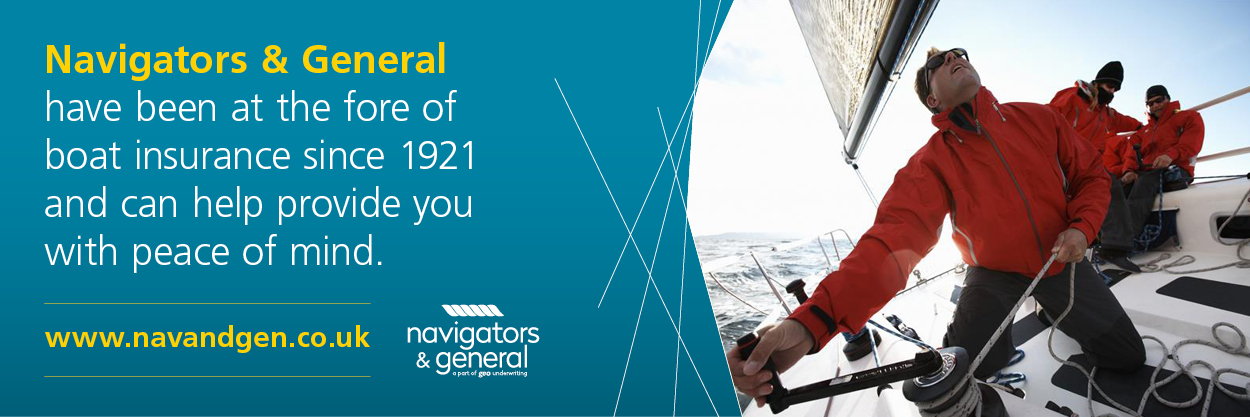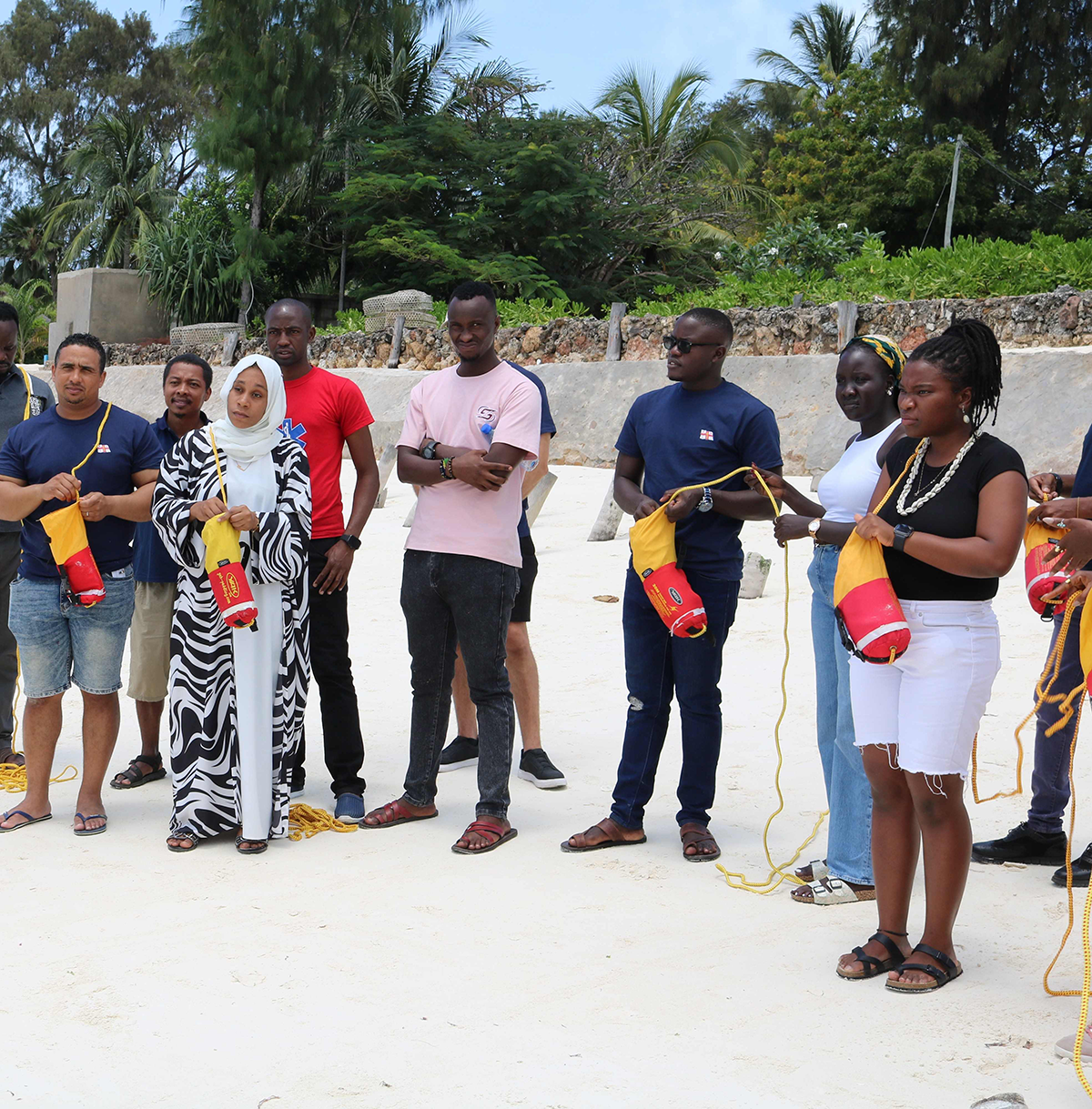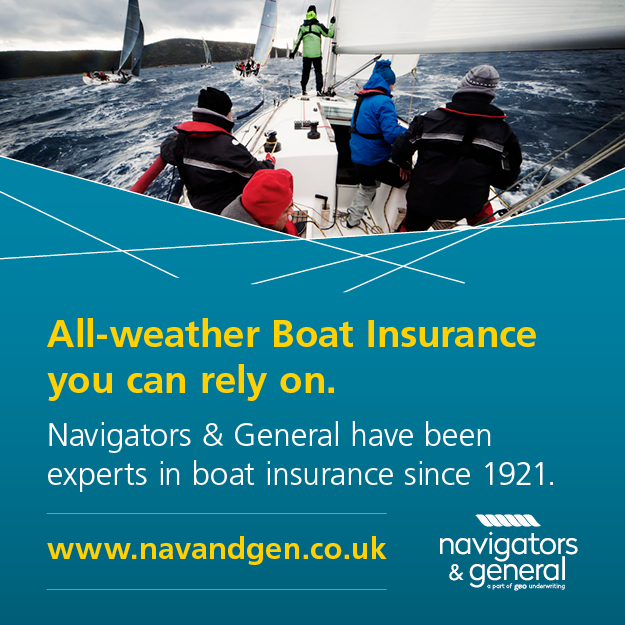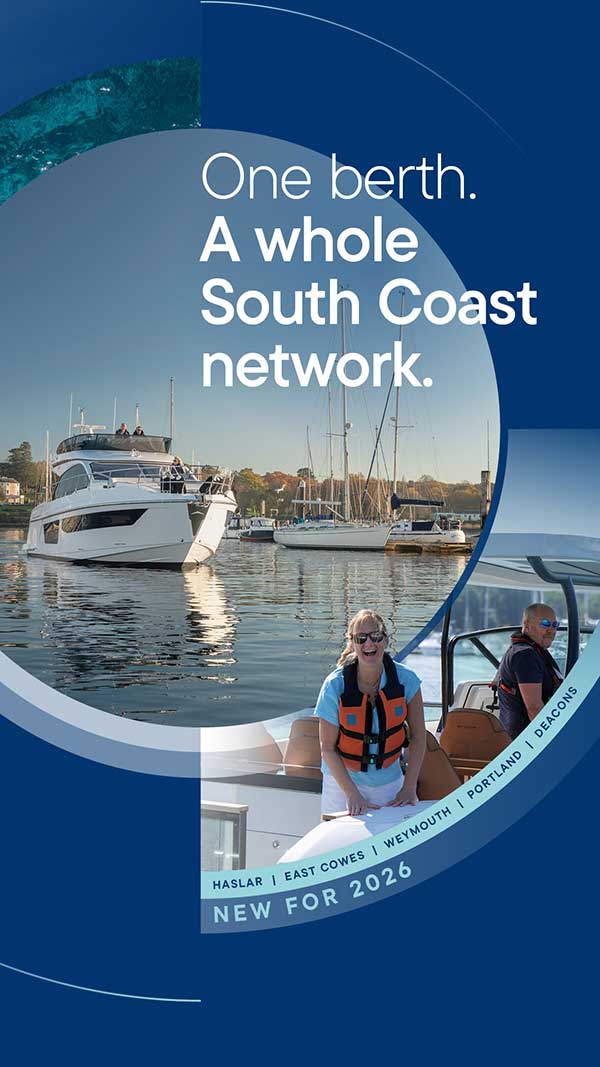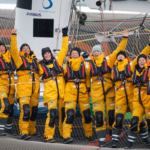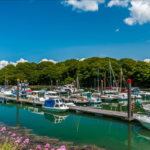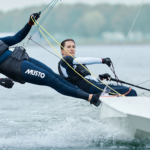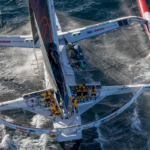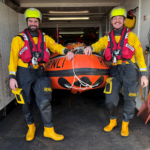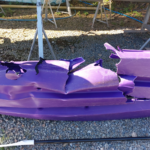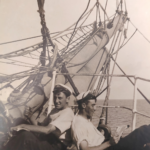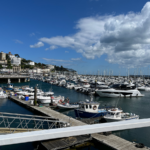The RNLI recently held its annual Leaders in Lifesaving course in Zanzibar, Tanzania. Drowning prevention experts from across the African region attended the course to share lifesaving knowledge and gain new skills.
Since 2012, over 160 delegates from 45 countries have participated in the RNLI’s Leaders in Lifesaving course. The RNLI developed the intensive course in response to requests for assistance from lifesaving organisations across the world.
This year, the course was hosted in Zanzibar, after having taken place at the RNLI’s Lifesaving Support Centre in Poole for the last three years. The Leaders in Lifesaving course had a specific focus on fishing safety, building on the work that the RNLI is doing with partners around Lake Victoria in Tanzania to help reduce drowning risks for local fishing communities.
Dave Whiddon, Senior International Programme Manager at the RNLI, said: ‘It was fantastic to host this year’s Leaders in Lifesaving course in Zanzibar, with leaders from seven different countries attending including Kenya, Tanzania, Mozambique, and Madagascar.
‘After hosting the course at the RNLI in Poole for several years, it was great to be able to host this year’s course in Zanzibar and ensure that organisations and partners based in East Africa could more easily attend.
‘We want to share the RNLI’s lifesaving expertise and help leaders from across the world increase their skills and understanding of drowning prevention and leadership. The more we share our knowledge, the more lives we can save. This course also allows us to learn from other organisations on how they are tackling drowning prevention in their countries.’
Participants on the course were from a wide range of organisations who have important roles in promoting water safety, from those working directly with fishers and fishing communities, to marine conservation charities, search and rescue organisations and networks representing women fish workers.
The week-long course covered several areas including the use of data and risk mapping, advocacy, research and technical solutions. It also covered water safety campaigns and the importance of working in partnerships. RNLI facilitators provided sessions to help participants lead themselves, lead their teams and lead their organisations.
Suzanne Njeri, President of the Association of Women in Fisheries in the Blue Economy, Kenya said: ‘This course has helped me strengthen my understanding and identify gaps in my knowledge, it has helped me understand who the actors within the field are and how we can work together to help save more lives from drowning.’







